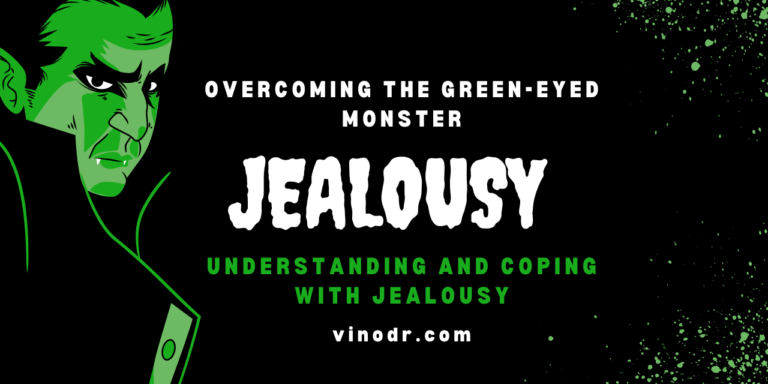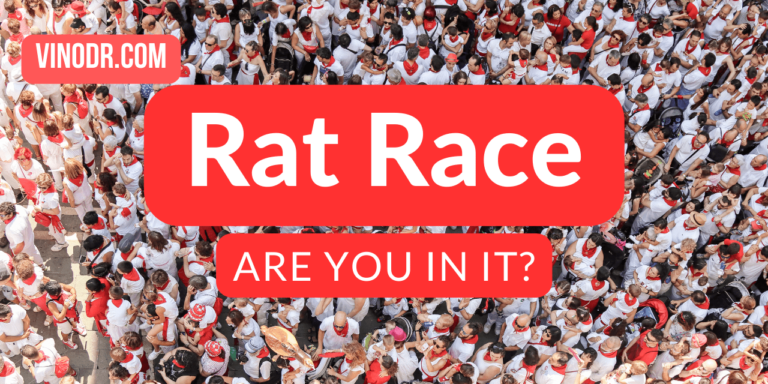Jealousy
Jealousy The Green-Eyed Monster Overcoming the Green-Eyed Monster: Understanding and Coping with Jealousy Jealousy Jealousy is an emotional response to the perceived threat of losing something or someone important to us to a third party. It is a complex and often intense emotion that can manifest in various forms, such as envy, suspicion, possessiveness, and…










